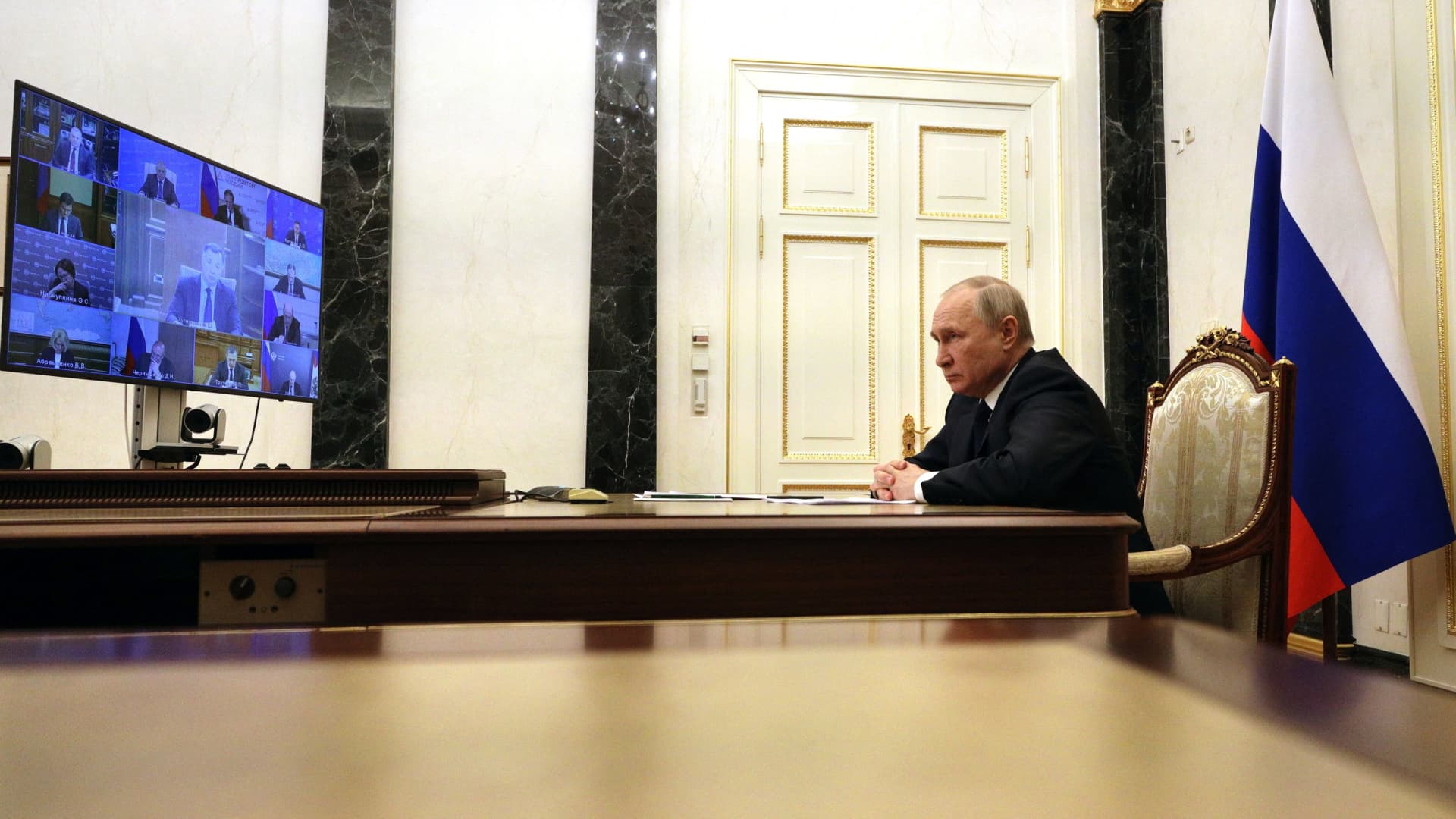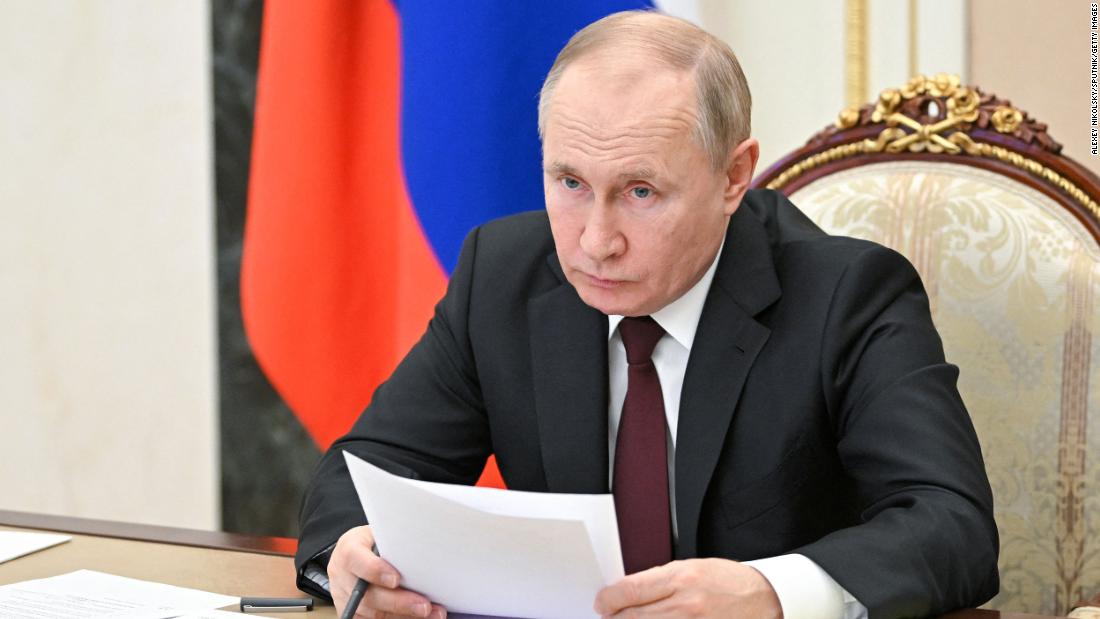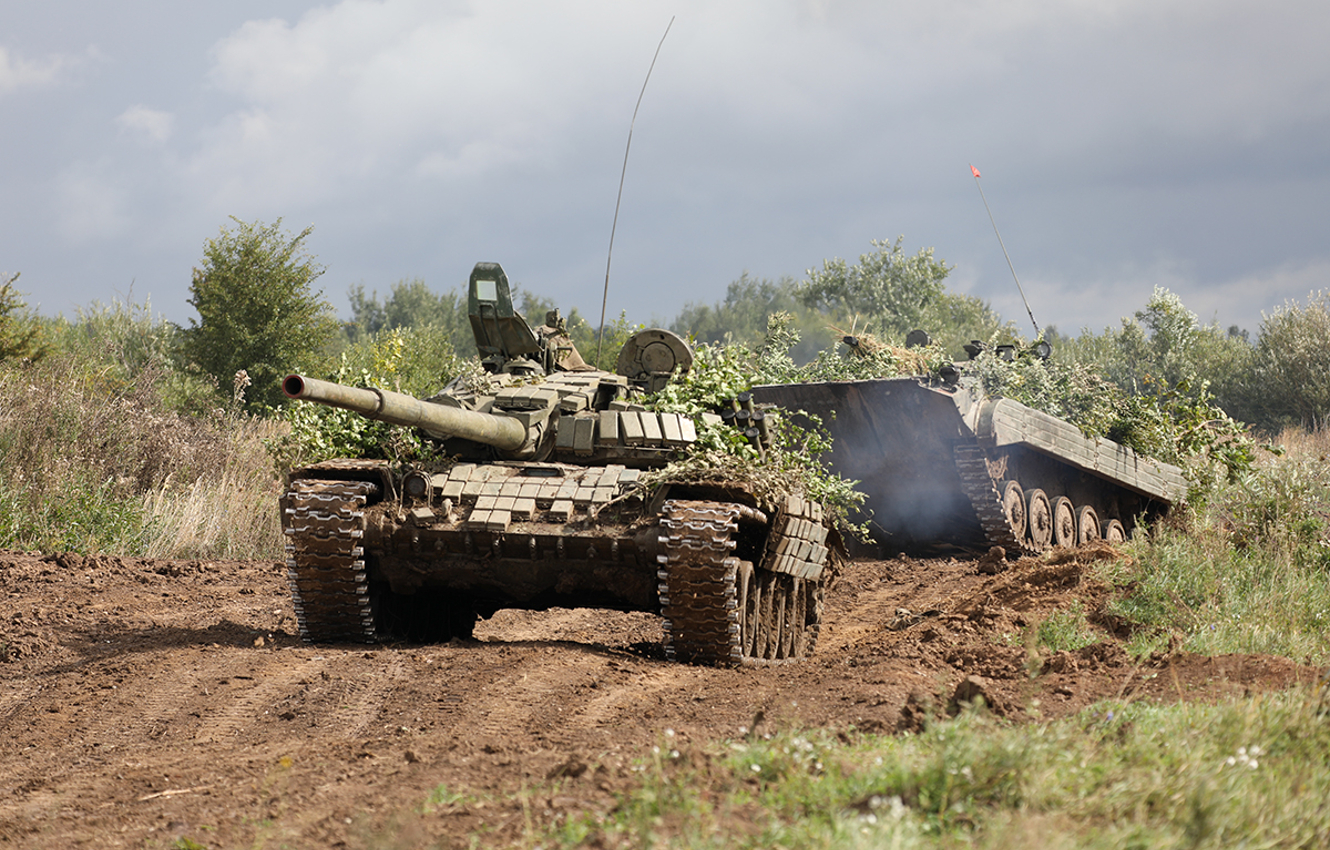- Joined
- Mar 27, 2018
- Messages
- 18,420
- Reaction score
- 32,088
- Location
- California
- Gender
- Male
- Political Leaning
- Progressive
Here is a question I had for any macroeconomic wonks among us who also have any expertise in overall warfighting capabilities of nations: If Russia defaults on its sovereign debt as it appears it is about to do, how would that affect it effectively continue its war against Ukraine?

 www.cnbc.com
www.cnbc.com
What would be the effects, if any, of a sovereign default on Russia's ability to wage war and maintain an occupation force?

Russia could be about to default on its debt: Here's what you need to know
Russia could be about to default on its foreign currency debts for the first time in decades, likely beginning a drawn out wrangling process.
What would be the effects, if any, of a sovereign default on Russia's ability to wage war and maintain an occupation force?





